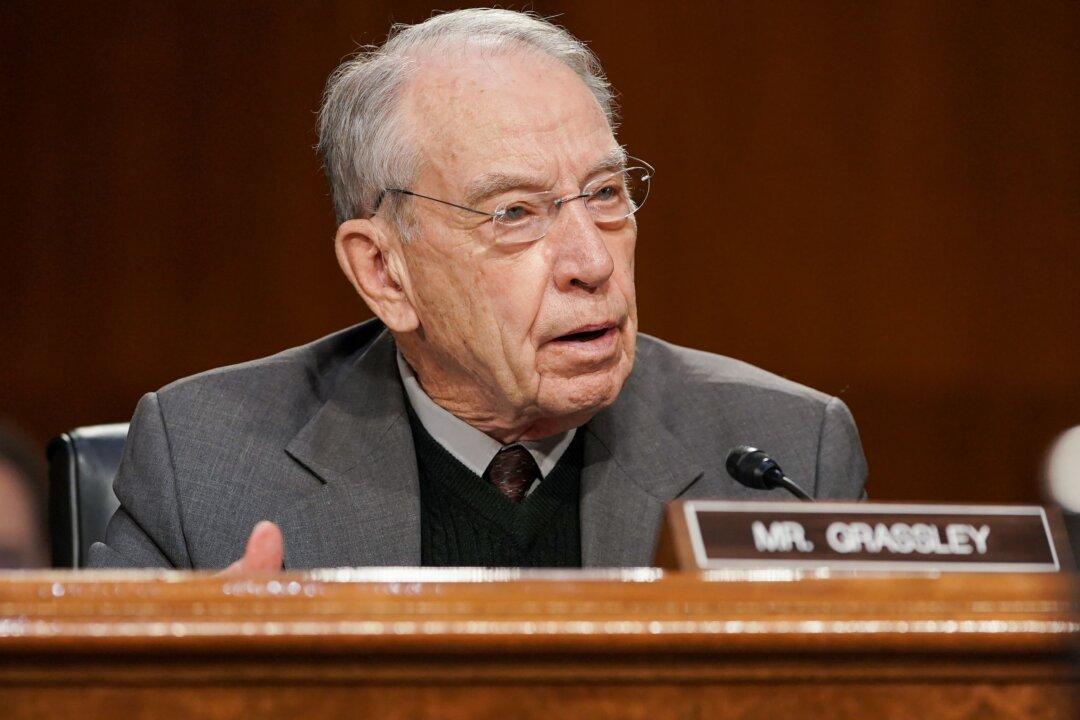Ranking member of the Senate Judiciary Committee Sen. Chuck Grassley (R-Iowa) said calling a normal Supreme Court procedure like the emergency docket (when the court hears last-minute cases in a shortened time frame) a “shadow docket” is the latest attempt by Democrats to change public opinion about the Court, so they can add more justices.
“Some Democrats have said the court needs to, quote-unquote, heal itself, before the public demands that the court is restructured in order to reduce the influence of politics. That’s a fancy way of saying that if the rulings don’t change, they‘ll try to pack the court. This campaign against the court and against individual justices has hurt the public. The dishonest rhetoric doesn’t help the American people understand the issues. I’ll continue fighting against the partisan efforts by dark money groups to attack our judiciary,” said Grassley.





